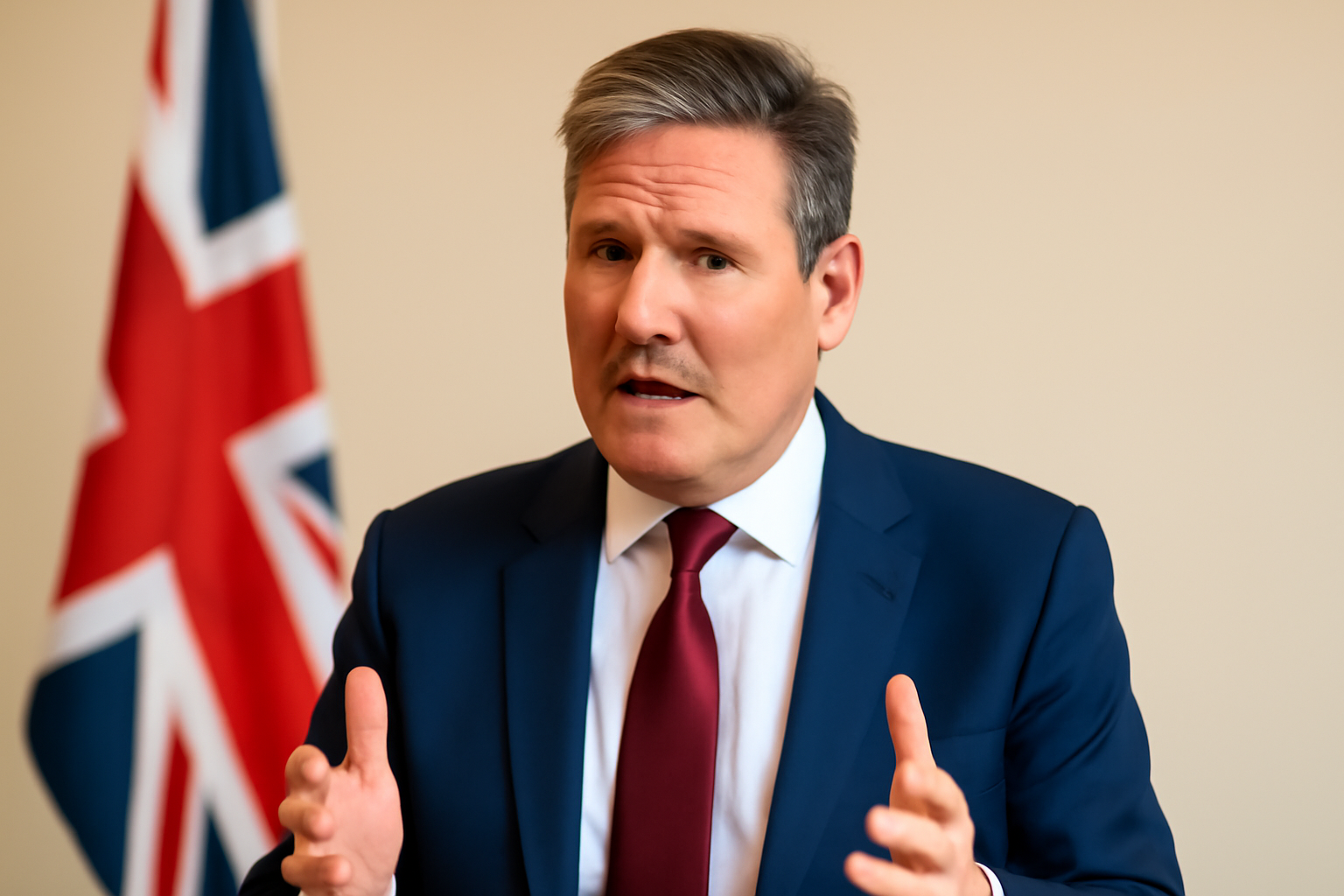
The Labour government is currently considering the reintroduction of a controversial university free speech law, previously halted due to widespread concerns about its potential to enable hate speech on campuses.
Originally passed by the Conservative government in 2023, the Higher Education Freedom of Speech Act empowered the Office for Students (OfS) to levy fines on universities, higher education providers, and student unions that failed to uphold free speech. It also established a complaints mechanism for students, staff, and guest speakers who believed they were unjustly prevented from expressing their views.
The legislation emerged in the wake of several high-profile student protests against controversial speakers on campuses. One notable incident involved gender-critical academic Kathleen Stock, whose invitation to speak at the Oxford Union sparked significant backlash. The event drew condemnation from various Oxford colleges, over 100 Oxford academics, and even led to violent threats against the university's LGBTQ+ president. A protester disrupted Stock’s talk by gluing their hand to the floor, highlighting the intense emotions surrounding the debate.
Despite its initial passage, the bill was never implemented. Labour, after their overwhelming electoral victory in July, paused the legislation due to fears that it might inadvertently allow dangerous hate speech, such as Holocaust denial, to gain a platform on campuses.
According to reports from the BBC, a government source has indicated that the Labour administration is considering reviving the legislation, though it remains uncertain whether any modifications will be made to address previous criticisms. Education Secretary Bridget Phillipson, who halted the law in July 2024, previously described it as "not fit for purpose," citing potential risks of exposing students to harmful and hateful rhetoric.
Phillipson, also the Minister for Women and Equalities, emphasized the need for a careful review: "I am aware of concerns that the Act could impose substantial burdens on both providers and the OfS. My goal is to ensure that any legislation we support not only protects free speech but also safeguards students from harm. I will confirm our long-term plans shortly."
The proposal to revive the bill has garnered support from Laura Trott, the Conservative shadow education secretary, who argued that for the bill to be effective, it must include the statutory tort provision.
In a recent interview with BBC Radio 4’s Today programme, Vivienne Stern, chief executive of Universities UK, acknowledged the importance of free speech in academic environments. "Universities have been diligently preparing for the Act, aiming to enhance their policies," she noted. "However, elements of this legislation could impede universities in fulfilling their legal duties, particularly concerning harassment, hate speech, and radicalisation."
Professor Shitij Kapur, president of King’s College London and chair of a Universities UK advisory group on free speech, expressed similar sentiments in an article published in The Telegraph. He underscored that while free speech and academic freedom are crucial, the public must trust that universities remain spaces for open discourse and intellectual development. "It is essential," Kapur argued, "that our universities facilitate discussions on all topics within the legal framework, fostering an environment where ideas are tested and refined for the benefit of both students and society."
Kapur also stressed that universities are not platforms for unrestricted expression akin to a public Speakers’ Corner. "Academic freedom must be accompanied by a commitment to evidence-based discourse," he asserted. "Scholars have a responsibility to engage constructively, subjecting their ideas to scrutiny and debate."
The debate around this legislation continues to provoke strong opinions. As Labour weighs its options, the question remains: how can universities balance the right to free speech with the need to protect their communities from harm? The conversation is ongoing, and public input is invaluable in shaping the future of free speech in higher education.
What are your thoughts? Join the discussion in the comments but remember to keep the dialogue respectful and constructive.
Related Posts
Drag Night Extravaganza: Daddies & Baddies at Atlantic City's Anchor Rock Club
Atlantic City, NJ, isn't just about its casinos and boardwalk—it's a hub bursting with energy and entertainment. One event that truly captures this spirit? The "Daddies & Baddies" drag night at Anchor Rock Club. This vibrant night celebrates amateur drag in all its glory, offering a kaleidoscope display where creativity and community unite. If you're looking where inclusivity and creativity take [...]
Pedro Pascal Criticizes JK Rowling's Celebration of Supreme Court Ruling
Pedro Pascal responds passionately against JK Rowling's stance Pedro Pascal, known from his role in *The Last Of Us*, has openly criticized JK Rowling following her support over a controversial Supreme Court decision in Scotland. The ruling, which has ignited a wave debate, stated that under 2010's Equality Act, "women" refers strictly "biological women." This decision came after a lawsuit from F [...]
Fans Celebrate Chappell Roan's Release of New Sapphic Ballad “The Subway”
Chappell Roan's journey with "the subway" Hop on board with Chappell Roan. Chappell Roan has just dropped her highly anticipated song, "The Subway," and fans couldn't be happier. This sapphic ballade possesses everything we love about her music — it captures New York City's heartache and healing, all seen through her unique lens. The excitement around "The Subway" first kicked off earlier this [...]